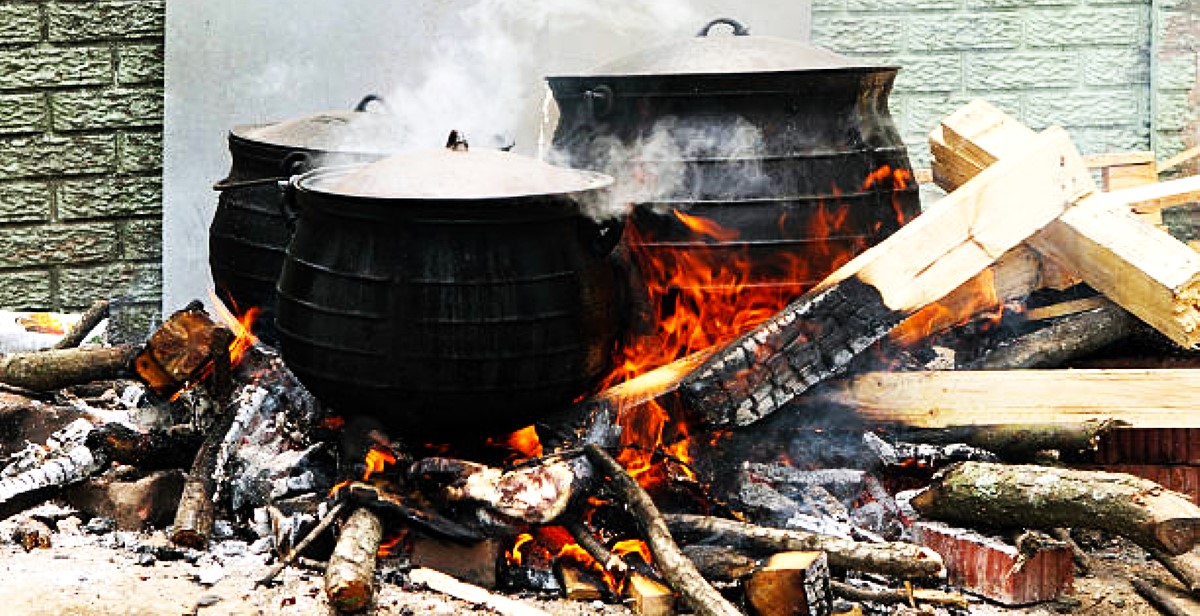Over 600,000 women and girls in Africa are killed annually from the toxic fumes emanating from burning firewood currently used as main fuel for domestic cooking and heating across the continent.
That is among the issues being raised in the ongoing maiden Eastern Africa Regional Clean Cooking Symposium, held in Arusha to address the issue in Sub-Sahara Africa.
Speaking at the symposium the Deputy Director at Ministry of Energy in Malawi, Thokozani Nelson Malunga said firewood is the silent and rarely mentioned domestic killer, therefore transition into clean cooking and renewables was of paramount importance.
On her part, the Deputy Director of Renewable Energy in the Ministry of Energy, of Kenya, Dr Faith Wandera added over 26,000 people, mostly women, are killed in her country alone, from the deadly smokes puffing from their traditional kitchens.
Experts explain that women and girls simply go to fetch firewood without realizing that some trees contain poisonous chemicals that when burnt produce toxic gases which, once inhaled, result in serious health problems, including death.
That is beside the ordinary pollution and fire accidents arising from open flames blazing in mostly grass thatched huts, with little is any ventilation.
Officially gracing the symposium was Innocent Luoga, the commissioner for electricity and renewable energy in the Ministry of Energy in Tanzania, who highlighted the steps that the country is taking towards promoting the adaptation of clean cooking energy.
“We have set a national target that, by 2030 at least 75 percent of the country should have transitioned into clean cooking fuels,” Luoga said, adding that at the moment the pace was very low at less than 16 percent.
Universal access to clean cooking targets 80 percent adaptation by 2030 while Africa’s own milestone is fixed at achieving the 80 percent mark by 2034.
According to Luoga, who was representing the Deputy Prime Minister, Dotto Biteko, Tanzania will remove tax on all appliances related to clean cooking and inject subsidies to natural gas suppliers to ensure rapid distribution across the nation.

The initiative supplements the ongoing efforts to increase electricity power production through the new Nyerere Hydroelectricity Plant in Rufiji.
So far it is Kenya, which leads in East Africa in the adoption of clean cooking at 34 percent, while Tanzania is struggling at 16 percent, while Malawi records a measly 2 percent.
Clean cooking in East Africa was described to be a critical issue due to the widespread use of traditional biomass fuels like wood and charcoal.
Speaking at the event, the UNCDF Chief Technical Advisor Peter Malika, highlighted the symposium’s significance saying regional platform is a valuable platform for learning, sharing, and collaboration
“We are highlighting opportunities in the clean cooking value chain, promoting cooperation, and advancing the adoption of clean cooking as a primary objective of a regional conference such as this one.”
Throughout the symposium, participants will engage in discussions on blended finance mechanisms, leveraging private sector investments, establishing standards and certification to ensure quality and consumer confidence, exploring carbon credit opportunities, and sharing best practices and innovations in clean cooking technologies and market delivery approaches.
Albina Minja, the company Operational Manager, SESCOM, the firm which promotes efficient production and use of electricity from renewable energy sources said, “We carried out research in the country in 2018 and the research concluded that cooking with electricity is cheaper than cooking with any other appliance.
Since then, we started creating awareness while also strengthening our supply chain to ensure the availability of high-quality appliances in Tanzania. We are honored to be a grantee of CookFund. The program has been very useful to us as a company but also to the end users.”
The partnership between UNCDF, the Government of Tanzania, and the European Union has facilitated the implementation of the CookFund, which empowers businesses, expands market access, and makes clean cooking more accessible and affordable across communities.

